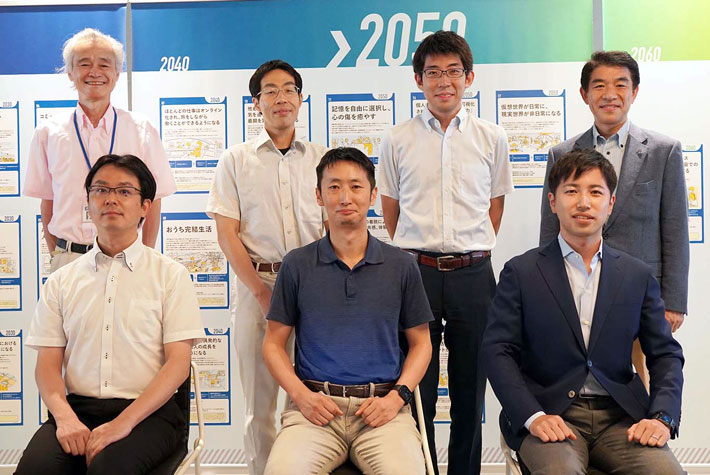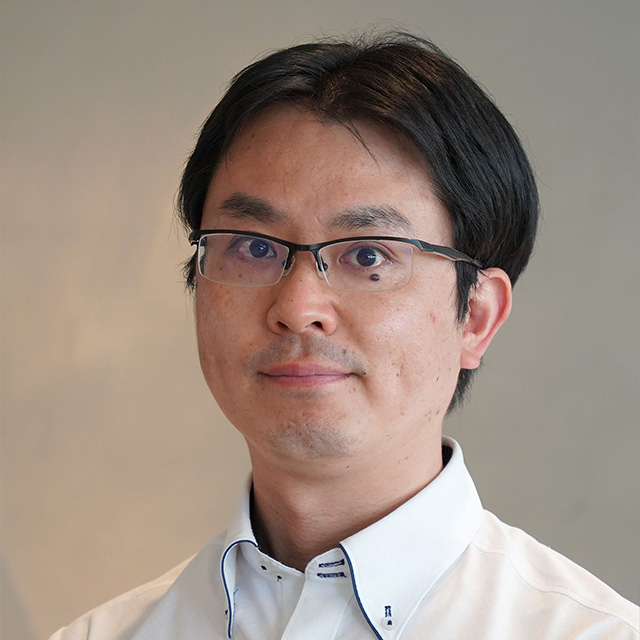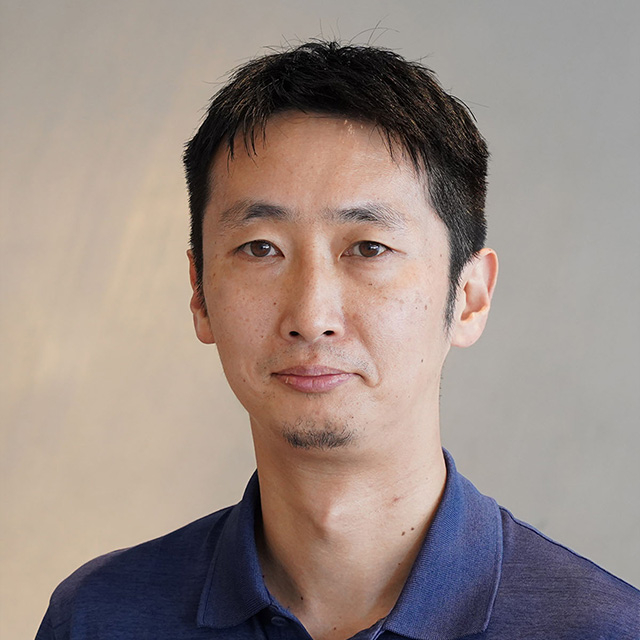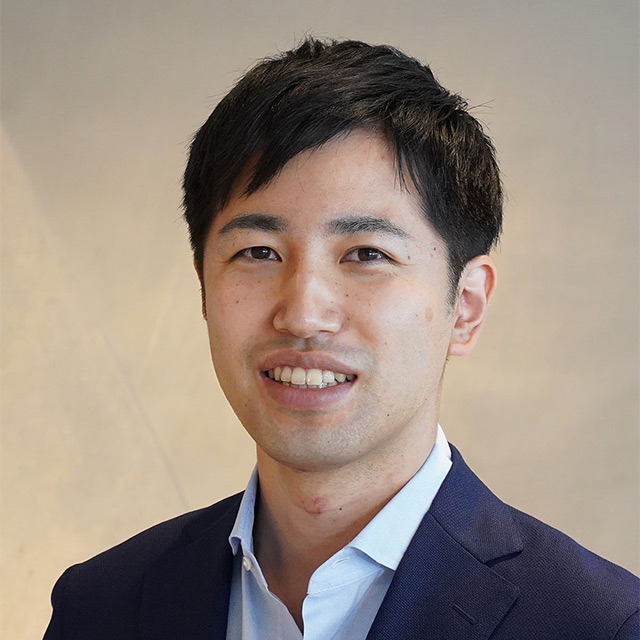Tokyo Tech's DLab has awarded three research teams with the "DLab Challenge: Laboratory for Design of Social Innovation Global Networks (DLab) Research Grant for Academic Year 2022." A ceremony was held on July 8 to present successful applicants with their notices of award. This is the third cohort of research teams to receive the grant after its launch in academic year 2020.

DLab Research Grant 2022 recipients (front left) Assoc. Prof. Isobe, Assoc. Prof. Funakoshi, Assoc. Prof. Ohashi, (back left) DLab Director Isao Satoh, Assoc. Prof. Hasegawa, Assoc Prof. Shirane, DLab Assoc. Director Naoto Ohtake
The DLab Challenge Research Grant supports research connected to the realization of the future image and scenarios created by DLab, and research that contributes to the creation of new disciplines required to realize this image. The grant also aims to help individual researchers discover the links between their own research and the future of society, conduct research with a backcasting approach, and heighten awareness of the societal impact of their research.
Proposals and recipients
Development of PFOS treatment technology for solving the environmental problems originating to US military bases
Assoc. Prof. Toshihiro Isobe, Department of Materials Science and Engineering, School of Materials and Chemical Technology
Assoc. Prof. Shinji Kawana, Institute for Liberal Arts
Associate Professor Toshihiro Isobe's Comment
Thank you for selecting our plan. In this research, we will challenge the achievement of "TRANSCHALLENGE" and the solution of social issues from the viewpoint of "Convergence of Knowledge". We believe that the support of many people is indispensable for our research. We appreciate your guidance and encouragement.

Exploring spatial position control technologies that maximize experience sharing in VR and emerging styles of human interaction practices
Assoc. Prof. Kotaro Funakoshi, Institute of Innovative Research
Assoc. Prof. Shoichi Hasegawa, Institute of Innovative Research
Assoc. Prof. Natsue Yoshimura, Institute of Innovative Research
*Masato Komuro, Doctoral course student, Chiba University
*Assoc. Prof. Hironori Mitake, Meiji University
*Asst. Prof. Ryosaku Makino, Waseda University
Associate Professor Kotaro Funakoshi's Comment
Metaverse, a virtual reality space where many people communicate, is a place where a TRANSCHALLENGE world can be realized. Through interdisciplinary discussions among engineering and humanities researchers, we design systems that overcome physical and environmental constraints and allow anyone to continue to take on challenges.

No Victim Left Behind: Transdisciplinary Design Research for Future Megathrust Earthquake and Tsunami through Cosmic-Eye View
Assoc. Prof. Takumi Ohashi, Department of Transdisciplinary Science and Engineering, School of Environment and Society
Assoc. Prof. Atushi Shirane, Institute of Innovative Research
Asst. Prof. Takashi Tomura, Department of Electrical and Electronic Engineering, School of Engineering
Asst. Prof. Rie Seto, Department of Civil and Environmental Engineering, School of Environment and Society
Asst. Prof. Yuno Tanaka, Department of Civil and Environmental Engineering, School of Environment and Society
*Assoc. Prof. Natt Leelawat, Chulalongkorn University
*Lecturer Jing Tang, Chulalongkorn University
Associate Professor Takumi Ohashi's Comment
"No Victim Left Behind" We engage in transdisciplinary design research for future megathrust earthquakes and tsunamis through a cosmic-eye view. Using satellite technology, we design a novel interactive communication system for tracking disaster situations even if ground base disruptions. We value dialogue with society to co-create how we use our proposed disaster prevention and mitigation approach.

Note: Principal investigator followed by joint researchers
*Collaborator
Overview of academic year 2022 DLab Challenge Research Grant
Objective
The objective of this grant is to help create a better future through science and technology by supporting research that contributes to the realization of the image of future society created by DLab, or research that advances the creation of new academic disciplines that are required to realize this image.
Additionally, this grant aims to help individual researchers discover the links between their own research and the future of society, conduct research with a backcasting approach, and heighten awareness of the societal impact of their research.
Eligibility
Applications must be submitted by a team that includes at least two members. These members should ideally include experts from at least two different fields. The representative (applicant) must be an associate professor, lecturer, or assistant professor employed by Tokyo Tech.
Grant period
In principle, grants will continue until the end of the third academic year at the latest. Funding decisions for the third academic year will be made by the review board before the completion of the second year.






